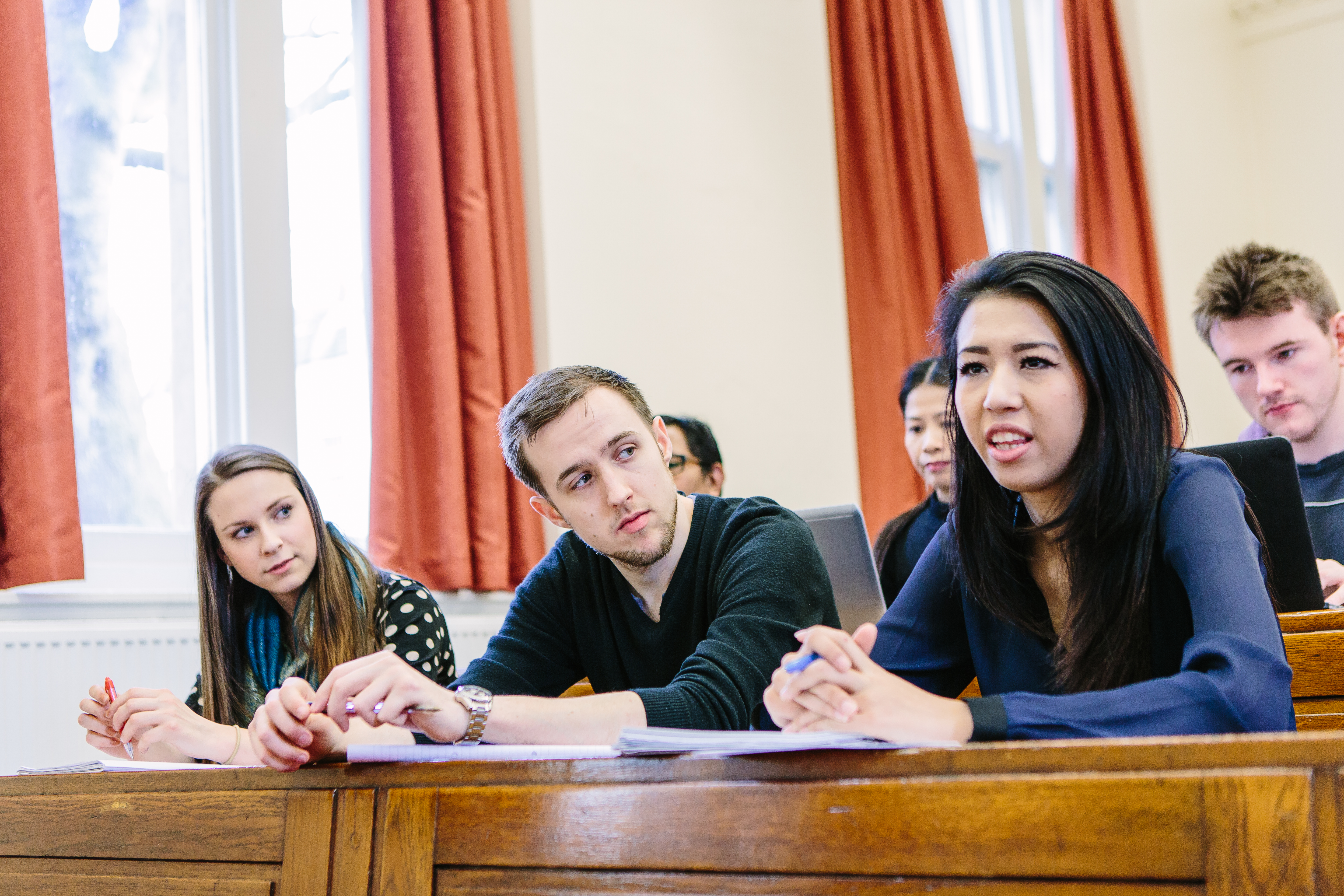
There’s never been a more exciting (or important) time to study politics. You only need to turn on the TV or check your Twitter feed to find out why. It feels as if we’re at a crucial juncture, as we contend with big issues like globalisation, terrorism, immigration, economic inequality, territorial disputes, and more. Appropriately, the study of politics is based on the idea that we are not passive observers of history, but active participants in shaping its course. And the decisions we make as people, societies and governments will have far-reaching consequences – both for good and bad.
That’s why studying politics is so essential. You might consider, for example, why and how government leaders act in a certain way, and voters in another. And you may further consider how these interactions affect our economy, national security, the environment, etc. In politics, the stakes couldn’t be higher nor the topics more extensive. What you learn as a politics student depends on the field or discipline you choose – they are so broad and all-encompassing that you’re likely to find a course entirely dedicated to something you just saw on the news!

Another popular field is International Relations, which, as the name implies, is more focused on foreign developments. With a firm grounding in history, it surveys contemporary topics like interstate relations and rivalry, terrorism, nuclear proliferation, climate change, the United Nations, the rise of China and India, and cybersecurity.
And then there’s International Development, which is concerned with global inequality and poverty, and efforts to address these problems. Many developing countries face problems like famine, drought, a lack of safe drinking water and electricity, low income levels, and widespread corruption. It’s your task to consider what governments can and should do in order to confront these challenges.

All this illustrates the many options you have when you decide to study a politics-related degree. But just as varied as your study choices are your possible career paths; generally, graduates are suited to be politicians, analysts and commentators, journalists, consultants, and think tank researchers.
Those who plan to enter public service (as a politician, for example) might consider a Philosophy, Politics and Economics (PPE) degree. Famous politicians who are PPE degree holders include former UK Prime Minister David Cameron.
A country or regional concentration, like Politics and Thai Studies, may be advantageous. These programmes typically have a language component, allowing you to work as heavily-in-demand translators at international organisations (eg. the United Nations), foreign embassies, or even overseas corporate branches.

Student reviews of Leeds have been overwhelmingly glowing: “I have enjoyed my course since my first lecture. I was especially impressed by how open the teachers are and by how, even though they are all specialists in their fields, they take their time and guide us through the learning process. Also, I really enjoy the opportunity to choose most of my modules and to make my own schedule,” said Ioana Ene, a Romanian native who studied International Relations.
Leeds graduates have gone on to achieve great success as MPs (UK members of Parliament), government consultants, journalists, and more. Graduates will join a vast alumni network, giving them access to political professionals and leaders, and, not to mention, many possible networking and career opportunities. If you find yourself captivated by current affairs, take the leap. Who knows? You could make a difference.
_____________________________________________________________________
This article is sponsored by the University of Leeds. Established in 1904, it is a proud member of the prestigious Russell Group of research-intensive universities. QS world rankings in 2015 placed Leeds among the top 100 universities in the world – one of the only 19 UK universities. It is also the recipient of the Queen’s Anniversary prize, the country’s highest accolade for an academic institution, in 2009 and 2011. The university is host to a large and diverse student community – 32,138 students from 147 countries. It boasts a state-of-the-art fitness, sport and well-being facility, which includes a 25m eight lane swimming pool and the largest fitness suite of any UK university.







